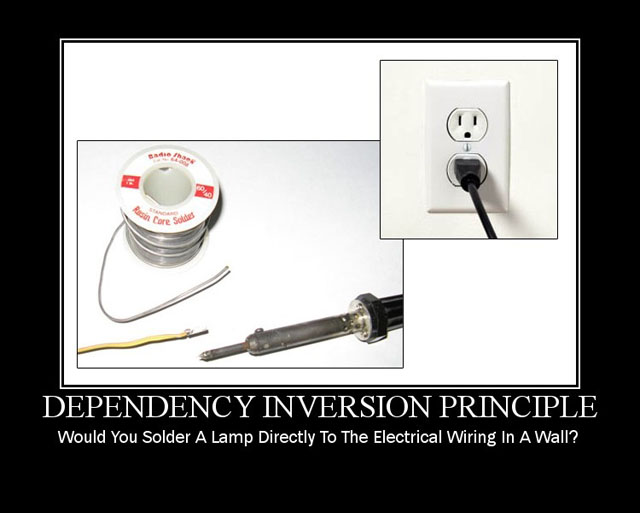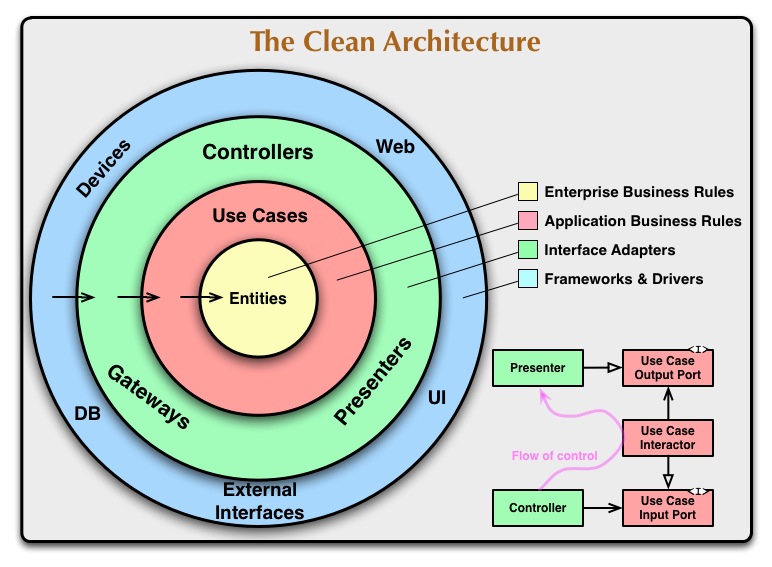Easy to maintain code
Created by
Jeroen De Dauw
for Wikimedia Deutschland
Licensed CC BY-SA 3.0
Collection of pointers
We want to go fast
Write code for humans
Naming
Reveal intent
usrsbscr ➜ userSubscription
Avoid disinformation
Use one word per concept
Don't try to be clever/cute
Complexity
Cyclomatic complexity, NPath complexity
Minimize scope, minimize state
function onFirstPost() {
$messageText = $this->getWelcomeMessageBody();
if ($this->addFooter()) {
$messageText.= $this->getWelcomeMessageFooter();
}
$this->emailer->send($messageText);
foreach ($this->getReviewers() as $reviewer) {
$this->reviewerNotifier->notify( $reviewer );
}
}
function onFirstPost() {
$this->sendWelcomeMessage();
$this->notifyReviewers();
}
Functions
- Small, few ELOC
- One level of abstraction
- Little nesting
- Single functional area
- Minimize parameters
- Command query separation
public boolean set( String attributeName, String value );
if ( set( "username", "NyanCat" ) )
Minimize coupling
- Number of classes bound to
- Avoid inheritance
- Program against "interfaces"

Avoid global state
- "Static" is global
- Dependency injection
public function doStuff() {
FilesystemLogger::log( 'doing stuff on Caturday is madness' );
DataStore::getInstance()->saveObject( $object );
}
function __construct( Logger $logger, DataStore $dataStore ) {
$this->logger = $logger;
$this->dataStore = $dataStore;
}
public function doStuff() {
$this->logger->log( 'doing stuff on Caturday is madness' );
$this->dataStore->saveObject( $object );
}
YAGNI
You Aren't Gonna Need It
- cost of creation
- cost of delay
- cost of maintenance
- cost of correction
Applies to features, not ease of modification
Simple design is not simple
I'm sorry I had to write you such a long letter,
but I did not have time to write you a short one
-- Blaise Pascal
SOLID principles
- SRP: one responsibility per class
- OCP: classes doing their job should not need change
- LSP: able to provide a subtype instead of the type
- ISP: client specific interfaces rather than general ones
- DIP: program against "interfaces"
Design patterns
Reusable solution to common problem
Communication tool
Layered design
 Source: The Clean Architecture, Robert C Martin
Source: The Clean Architecture, Robert C Martin
Tests
Testable code and good design go hand in hand
Avoid dogma
Trade-offs
Transcend the rules
Questions?